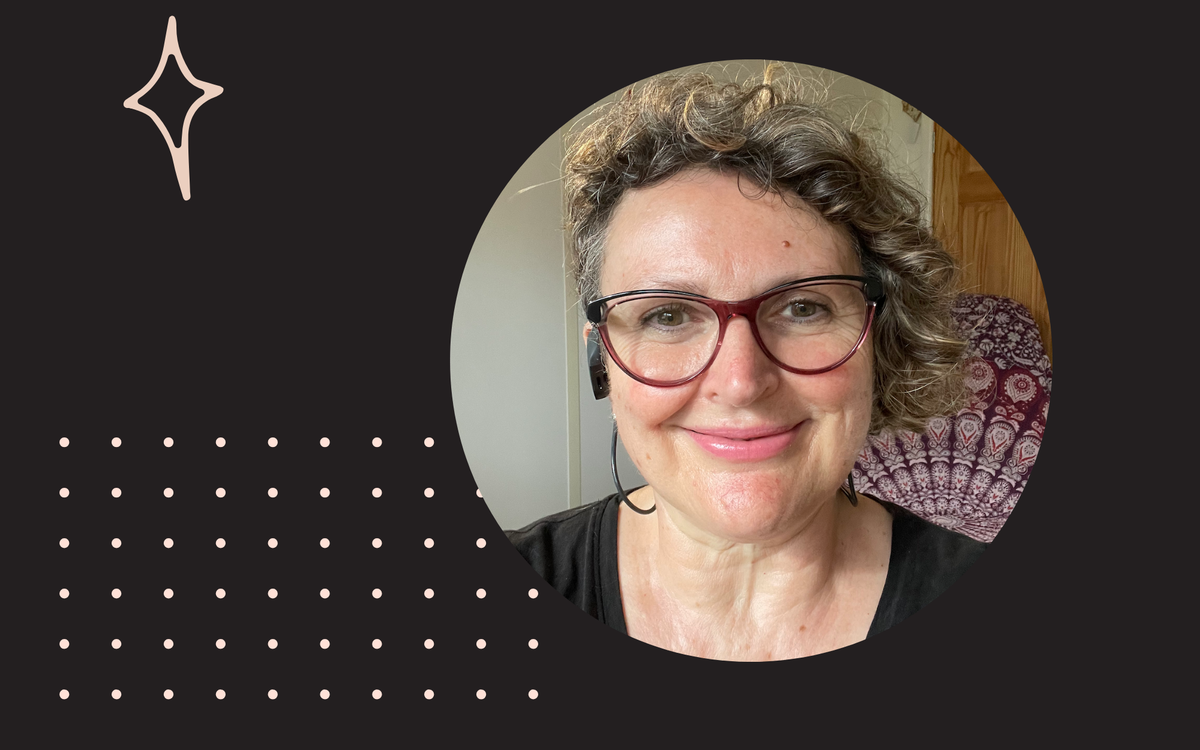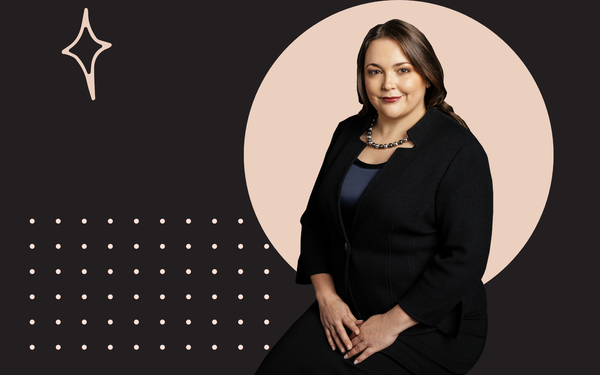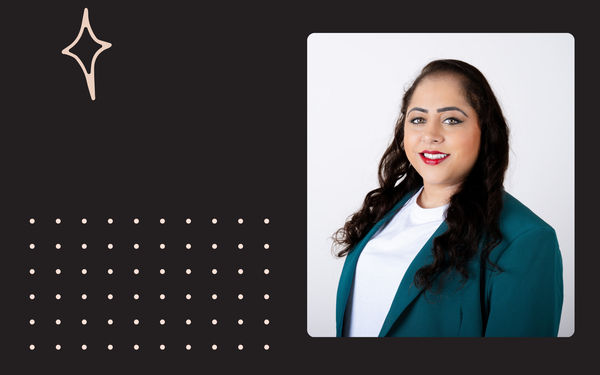Finding Calm in the Chaos: A Conversation with Siobhan Elliot on Protecting Your Nervous System in Modern Life

In a world where technology advances at breakneck speed while our human nervous systems struggle to keep pace, finding genuine wellness can feel like an uphill battle. Enter Siobhan Elliot, a holistic wellness practitioner who specializes in helping sensitive and neurodivergent women navigate the overwhelm of 21st-century living.
Through her practice at Brilliant You, Siobhan offers a refreshingly honest perspective on modern wellness challenges, particularly for women who may have spent years in survival mode, juggling endless responsibilities while their own wellbeing takes a backseat. Her approach recognizes that what works for one person may not work for another, especially when considering the unique needs of neurodivergent women who are discovering their neurotype later in life.
In this candid conversation, Siobhan shares practical strategies for protecting our nervous systems from chronic overstimulation, explores the specific wellness considerations for neurodivergent women, and offers hope for those ready to transition from merely surviving to truly thriving. Her insights remind us that self-care doesn't have to be another item on our overwhelming to-do lists – instead, it can be a gentle act of self-kindness that signals safety to our nervous systems.
Whether you're struggling with overwhelm, recently discovered you're neurodivergent, or simply seeking sustainable wellness practices that honor your sensitivity, Siobhan's wisdom offers a compassionate roadmap for reclaiming your wellbeing in our increasingly chaotic world.
You've described 21st century living as "brutal" and note that technology has evolved faster than humans have adapted. As someone who specializes in helping sensitive people navigate overwhelm, what would you say are the three most critical wellness strategies women need to implement today to protect their nervous systems from chronic overstimulation?
Having tools with which to scaffold ourselves every day, familiar supports, can really anchor and steady us when the sea feels too rough. I can’t say what will work for everyone, however here are three useful strategies.
a. Have a calm morning routine, to set the tone for your day with peaceful intention. This creates focus, and aligns your energy with what matters most for you that day. You’re less likely to be pulled into stress and chaos if you start from a place of purpose and calm. Routines also bring the comfort of the familiar.
b. Set boundaries to protect your time and energy. Get to know which people and environments drain you, and manage your exposure to them. You’re allowed to say no without offering a long explanation. If someone challenges you, remember that it’s not your job to make them feel good.
c. Befriend your breath and your body. Taking a few minutes’ break on your own to breathe and re-centre yourself can help to recalibrate, if you’re feeling overwhelmed. You can do some Tapping (Emotional Freedom Technique) to calm your nervous system too.
With increasing awareness around neurodivergence, particularly among women who may have been undiagnosed for years, how do you tailor your holistic approach to support women who are discovering they're neurodivergent later in life? What unique wellness considerations should they be aware of compared to neurotypical approaches?
Getting a very late diagnosis can be shattering for a neurodivergent woman, especially when a diagnosis coincides with the upheaval of perimenopause or the post menopausal period (neurodivergent women often report more intense signs and symptoms). Through exploration and education, I help women to discover, accept and honour their unique needs and desires through a neurodivergent lens. Validating and normalising their experiences can also be a big step, if they’ve been carrying around layers of shame and pain their whole life. It’s useful to explore their sensory profile and get in tune with fluctuations in their energy levels, so they can develop the right tools to regulate and get their needs met.
You mention helping women transition "from surviving to thriving" - a phrase that resonates deeply in our current wellness landscape. For women who feel stuck in survival mode, juggling multiple responsibilities while neglecting their own wellbeing, what's your recommended first step toward building a sustainable self-care practice that doesn't add to their overwhelm?
Survival mode can feel like a very unsafe place to be, and when you’re feeling overwhelmed, it can feel impossible to know where to begin. Framing this first step as a small, simple act of care which you offer to yourself can stop this from feeling like it’s just one more thing on the to do list. Starting small also means that you’re likely to succeed at it, and small successes build confidence and trust in yourself. Sitting quietly with a warm drink for a few minutes when you get up in the morning, with no distractions, is a powerful act of self kindness which sends calming signals to your nervous system. This may not work for everyone, so we would look for something that would be achievable and effective for each individual.
Are you a woman leader with an inspiring journey to tell? Founded by Women is on a mission to elevate and amplify the voices of women making an impact.
If you're breaking barriers, driving change, or paving the way for others, we’d love to feature your story. Get in touch with us today!
👉 hi@foundedbywomen.org


